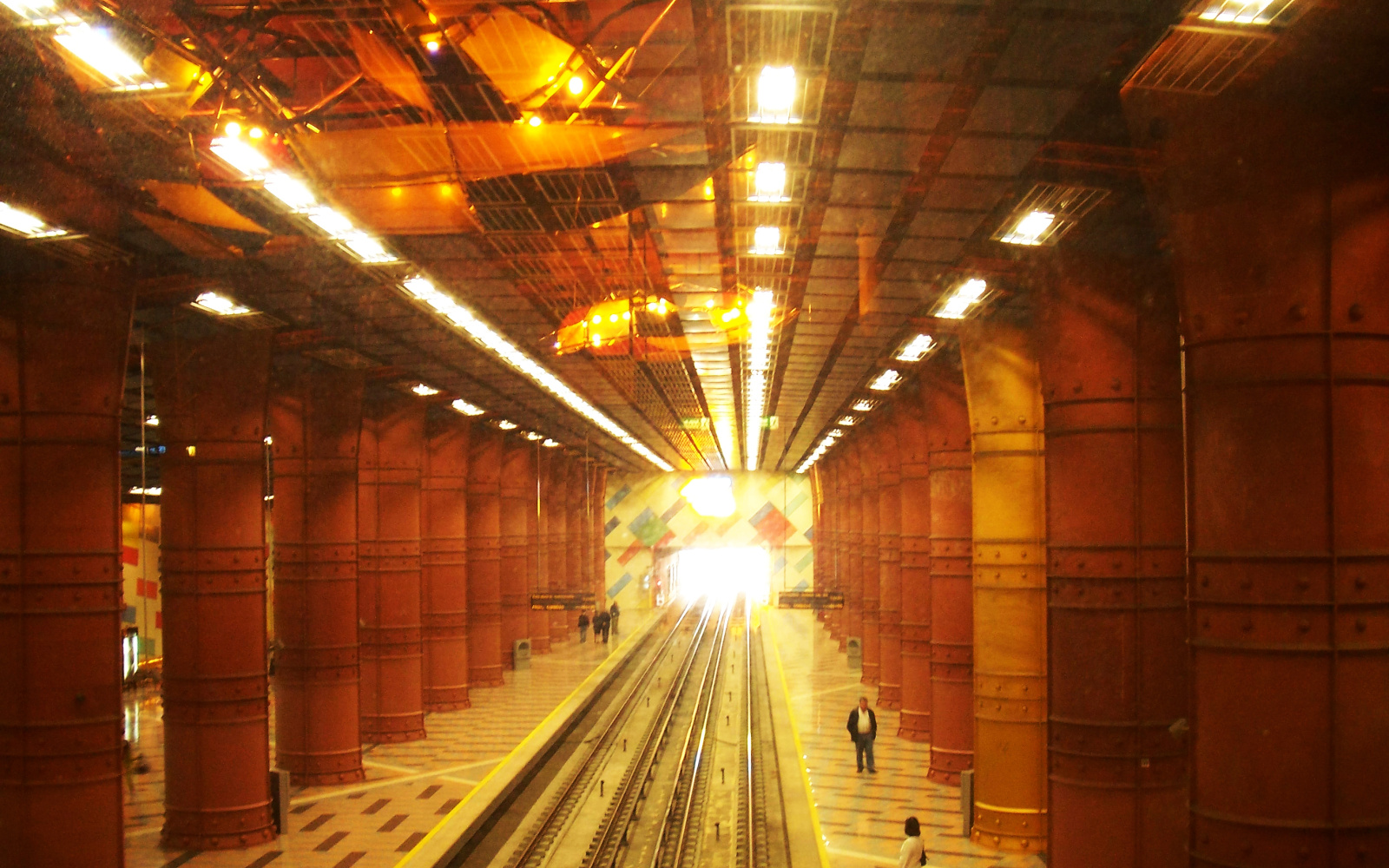Jasmina Šepetavc
The Queer Event | Queer Temporalities & New Queer Cinema
The main subject of our inquiry are alternative notions of queer temporality that we try to connect to feminist cinematography and New Queer Cinema (NQC) in two ways. The first involves temporal ruptures or temporal shifts in specific films; ruptures that can be described as queer and open up potentials for alternative queer temporalities which in turn offer paths for a dynamic relationality, alternative (queer) transmissions and affective cinema. The second way offers a wider perspective: how queer temporality connects with the emergence of NQC. Queer time has little to do with socially shared normative rhythms, reproductive time or linear history, more with a lack of proper temporal orientation, arrested developments and asynchronies designating queer subjects out of time, without a proper history and failing to embody the normative temporal markers of proper life trajectories. How does the queer open up new relations to time that would go against or around normative forms of socially organized time? Instead of progressive linearity and futurity, we try to reconsider the other (queer) side of the “plastic ambiguity of time” (Malabou 2012, 54): focused on ruptures, rapid bursts of life and the momentary. This interplay between a non-teleologically ordained flow of time and time cross cut with ruptures is crucial to queer time and queering time. Those are quite different from a progressive teleology; they take into account a queer moment, the accident that is temporally unique, indescribable in terms of development and socially accepted rhythms, but relates more to surprises, delays, anachronisms, yet is also a force crossing temporality and bodies, making an affective community through multiple moments in time and relations – also in regards to cinema.
Jasmina Šepetavc is a PhD candidate in Gender Studies at the Faculty of Social Sciences in Ljubljana. Her research interests include Film theory, Avant garde Cinema, Feminist Theory and Queer Theory. She writes on film and LGBTIQ issues, was an editor of a critical theoretical Slovenian magazine Tribuna and is a selector of the LGBT film festival in Ljubljana.
